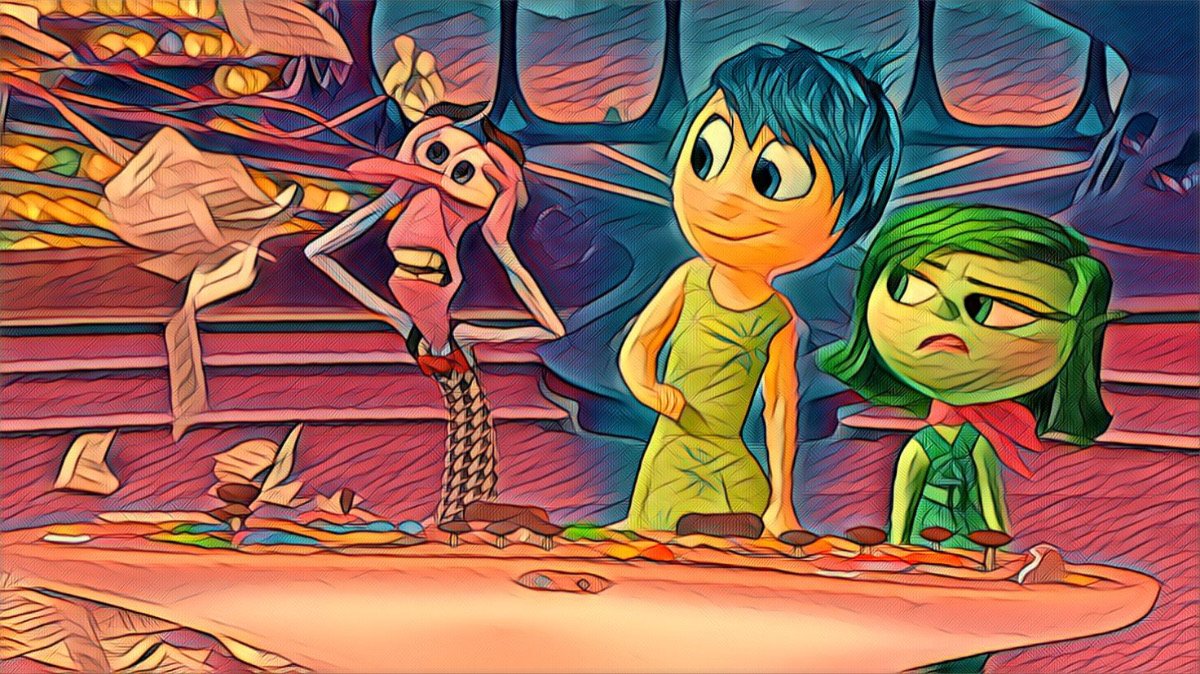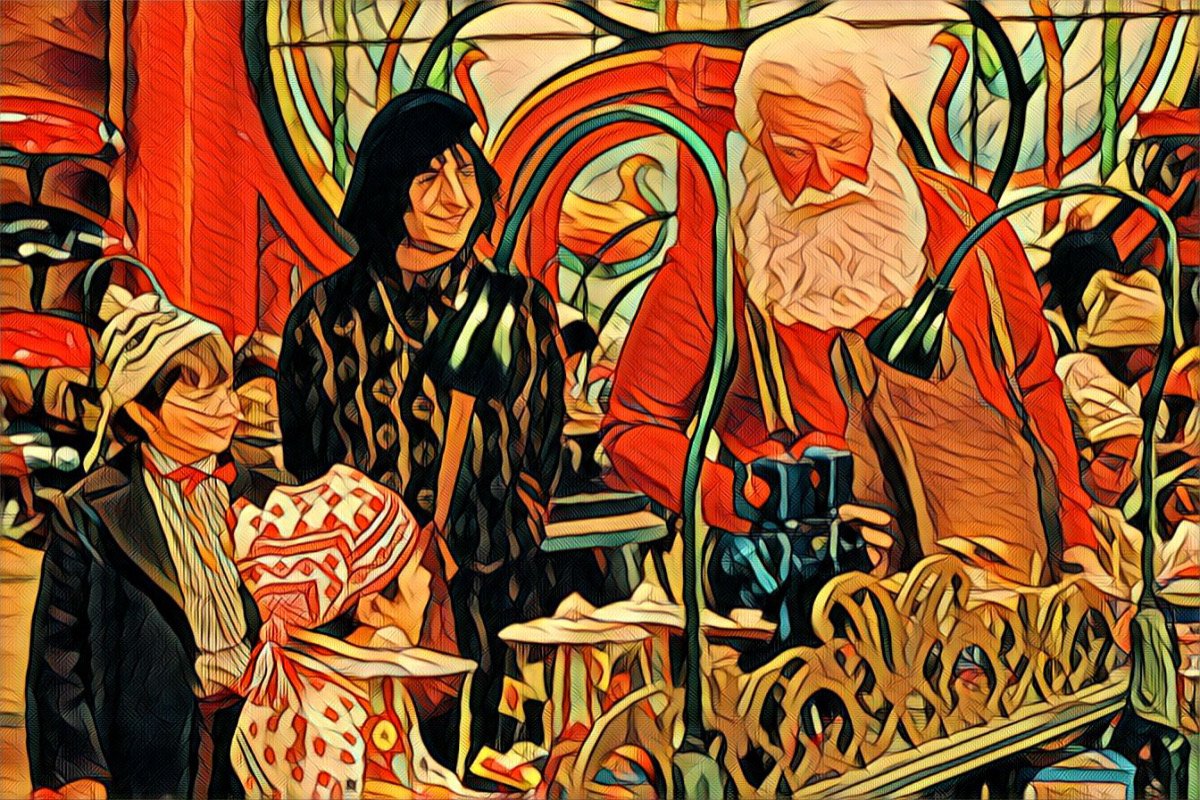The Psychological Impact of Clutter
If you talk to any therapist, doctor, or psychological health practitioner, most would tell you that your clutter can have a major psychological impact on your health. Need proof? Do you remember the last time you went on a cleaning or de-cluttering spree? Don’t you feel revived and clear-minded afterward? That’s no accident.
Letting go of stuff is painful
A new study suggests that it is literally painful to throw our belongings out. In this study, researchers monitor a group of individuals’ brain activity as they sorted through belongings and were asked to decide which items to keep and to throw out. Half of the valuables belonged to the participants and the other half were random belongings.
Participants who had more hoarder tendencies had areas of the brain light up that were linked to similar areas of the brain that are associated with quitting smoking or sticker shock (when we are shopping and confronted with a price that wildly exceeds our price expectations).
This feeling gives us the impression that something is wrong and we need to correct our behaviour. In this case, the behavior correction is to keep the thing we were going to toss.
We become attached to our belongings
I once worked for Kraft and managed marketing campaigns for Tassimo coffee makers. We recognized that people would be more likely to buy a Tassimo if they visited the brick and mortar store versus visiting the online store. As a result, marketing the Tassimo became all about how we could provide a tangible experience while in the virtual space.
Similarly, in this study, researchers asked participants to bid on a coffee mug at an auction. But before the auction took place, they asked half the participants to pick up and touch the mug. Of the participants who picked up and touched the mug were willing to bid 60% more on the mug in the auction.
We become attached to our belongings. They could be the most trivial possessions, but when they become ours and we experience them, we grow attached to help, which increases our desire to have them.
If your home is a mess, your mind likely is too
People with a stressful home (defined as clutter, unfinished construction) were found to have higher levels of cortisol – the chemical in your body that is linked to stress and adverse health effects.
In contrast, this study found that physical order produces healthy choices, whereas disorder resulted in less healthy food choices compared to their orderly counterparts. The impact on our psyche is undeniable and, although there are some benefits to clutter, like increased creativity, the mental health risks are undeniable.
It is true that we love our stuff, but when our stuff rules our life it severely impacts our cognitive health. This is where clutter becomes more than just hitting your shin on the closet door that will no longer close, it becomes more about how that closet impacts your well being.
We are less productive
This study suggests that Clutter makes us less productive by providing our brains with additional stimuli that compete for brainpower. This makes complete sense when we consider the extremes. Think of a room with nothing in it but a single item. You would probably pick up the item and focus on it for longer than you would otherwise since there is nothing else to do in that room. But if you were in a room with clutter all over the floor, things hanging from the walls and the ceiling and noise and other stimuli coming from all directions, you’d likely find it difficult to focus on anything. The more stimuli we have in our spaces, the harder it is to focus.
There is little denying that clutter has some negative consequences on our well being. Using self storage or other means of decluttering our lives has tremendous benefits on how we see ourselves and how others view us. Next time you think of keeping that old guitar, or box of clothing you’re saving for your sister, think about putting it in storage, for your sake…




